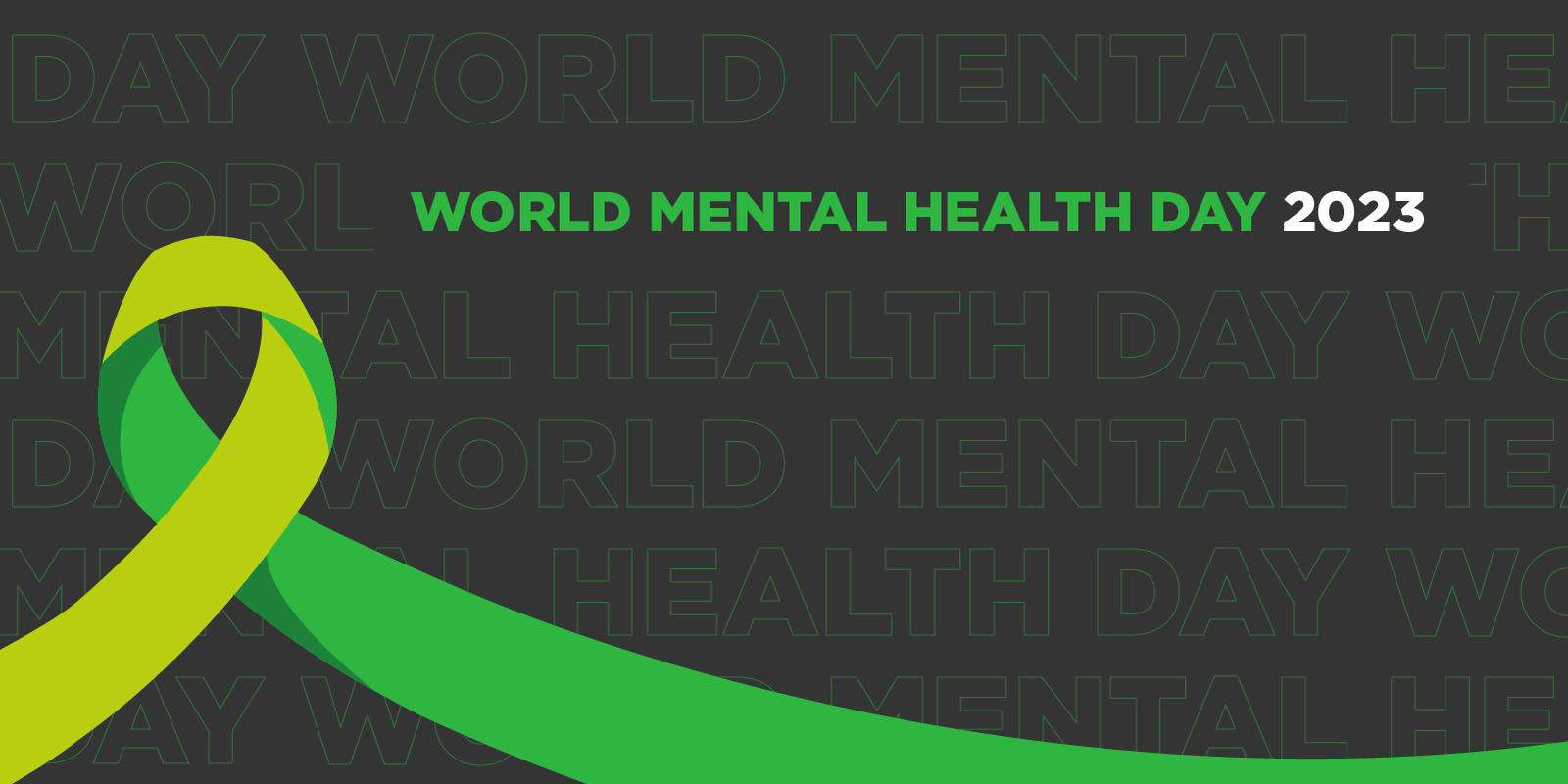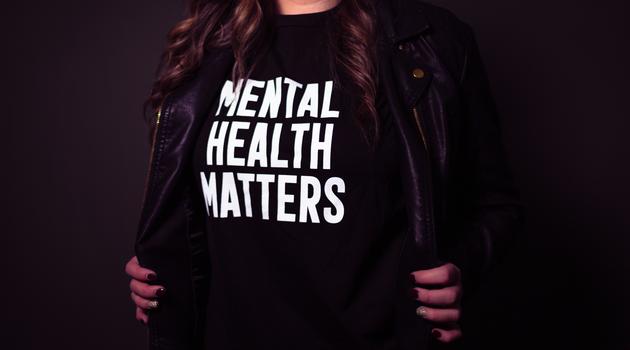Fighting the Pandemic of Loneliness
By Kristi Kuhl, Global Managing Director, Health and Wellness
10/11/23

October 10 is World Mental Health Day, and this year’s theme is “mental health is a universal human right.” As a society, we’ve made tremendous strides in destigmatizing and treating brain health, yet there is more to do. There are the big, interconnected issues like substance use disorder, self-medication, criminalization, access to housing and therapy. But today, I want to focus on a smaller issue that impacts many, and that we can all take steps to fight: loneliness.
Mental and physical health are linked, and a study has found that being lonely has the same negative health impacts as smoking 15 cigarettes a dayi. We all know the dangers of smoking, but who would think feeling lonely could have the same impact on our health as cigarettes? The American Psychiatric Association reports that loneliness is associated with higher rates of heart disease, depression, anxiety and dementia.
While being alone and being lonely are not the same thing, the increased social isolation we experienced globally during the height of the COVID pandemic has exacerbated the new loneliness pandemic. The World Health Organization reports that in some countries, as many as one third of the population is lonely. Astounding!
We can all take steps to help fight this pandemic through some small actions that help ourselves as much as they help others.
-
Reach out – Text, DM, or even call, a colleague or friend just to say hello and ask how they are doing. Engaging with others and letting them know you are thinking of them abates loneliness on both sides and can be done virtually or in person. Though social media use can make some people feel more isolated, talking and interacting via technology can create connection. And remember those who may be more isolated because they live alone or only work remotely.
-
Volunteer – A study of more than 10,000 people in Britain found that volunteering just two hours a week decreased a sense of loneliness while increasing one’s sense of purpose. A similar study in Detroit, Michigan, USA, found helping people who didn’t live with the participants had a positive protective effect against stress. Over the five years of the study, even though negative things (job losses, financial trouble) happened, those who helped others were less likely to die. Avoiding death by helping others is virtuous circle. You can find ways to volunteer by asking at work, Google, or when you do reach out to someone, ask where they volunteer and join them.
-
Practice kindness – Practicing random acts of kindness can decrease loneliness. When you say hello to the person you see every week at your local grocery store or hold the door for someone entering the same building or offer to carry something for someone who is on crutches, you are creating a sense of community. And while we might think that the recipient of the act of kindness is the beneficiary, the reduction in loneliness is in the person doing the act of kindness.
Preventing and reversing loneliness requires taking small actions. This is a pandemic that we have the power to end.



